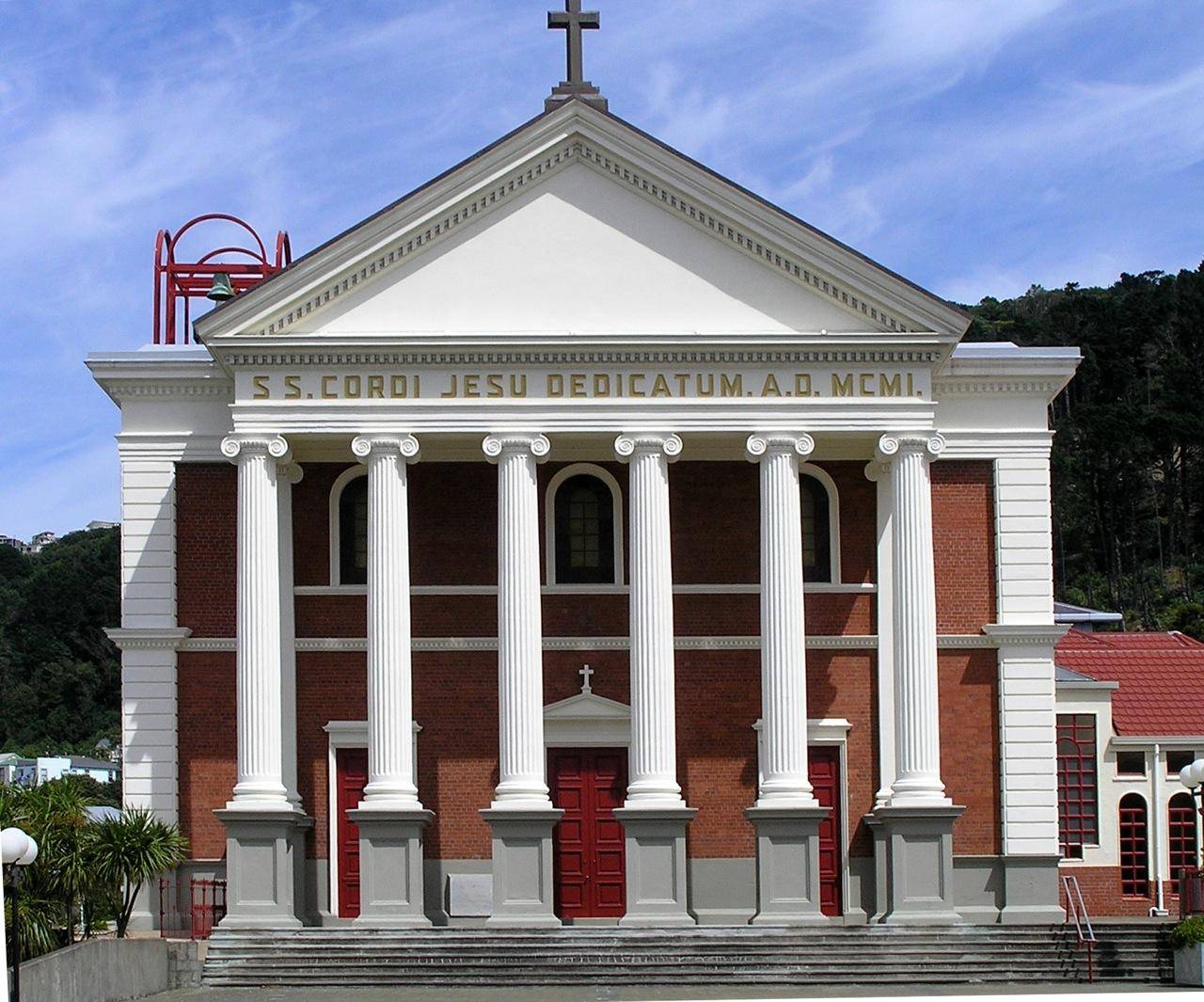Ahead of New Zealand’s Oct. 17 elections, the country’s bishops urged the electorate to remembers Catholic Social Teaching during their annual Social Justice Week.
The Sep. 6-12 commemoration has the theme: Easy As CST — Unlocking the Church’s Potential.
“Never has Catholic social teaching been more relevant in New Zealand and in our world than now,” the bishops’ statement says.
“From navigating through a world still responding to the COVID-19 pandemic, to an increased awareness of racism and historic injustice, and the ever-increasing socio-economic disparities, the Church’s social teaching helps us focus our concerns about the world. It provides a lens through which we can try to make sense of how our society is being changed, particularly by COVID-19 at this time,” it continues.
Catholic social teaching is the body of thought on social issues developed by the Church since Pope Leo XIII’s 1891 encyclical letter Rerum Novarum, which dealt with the huge social and economic changes that occurred during the 19th century.
“Catholic social teaching helps us to apply Gospel values such as love, peace, justice, compassion and community to modern social problems such as poverty – including homelessness and hunger, conflict, migration, access to goods and the environment,” the New Zealand bishops said.
Noting the proximity of Social Justice Week 2020 to the country’s general elections, the bishops said “perhaps it is not mere coincidence.”
The official campaign for the poll began with the dissolution of New Zealand’s parliament on Sep. 6, the first day of Social Justice Week.
Prime Minister Jacinda Ardern is seeking another term after what is seen as a largely successful fight against the pandemic – the island nation of 5 million people has had only 1,767 cases as of Saturday, with 24 people dying with the virus. However, a rash of new cases after New Zealand declared itself “COVID-free” in June shows how difficult the battle against the pandemic can be.
“COVID-19 has exposed our vulnerabilities – within ourselves, our communities and in our world,” the bishops said.
“However, compared to other parts of the world which have been unable to move beyond individual rights and freedoms to protecting the health of the community, most New Zealanders showed a commitment to the common good of all. Lockdown allowed us to rally around the common good of the health of all, but now can we rally around the common good of the economic health of all? Are we able to bring our experience and understanding of the common good forward and compel ourselves to think first of the needs of those who are most vulnerable?”
The bishops said the Church’s “rich tradition of social teaching” helps Catholics develop “a heart for social change.”
“A change in heart or behavior needs firstly, an encounter with Christ. Pope Francis spoke of seeing the Body of Christ, broken in the sacred liturgy, in the faces and persons of the most vulnerable, through charity and sharing,” the letter continues.
“After COVID-19, we don’t have to look very far. Secondly, we need to apply our intellect – using tools to be able to analyze current social issues. In order to move together towards a more just world, we need to question how we proclaim the Gospel and make it present,” the bishops said.
The statement concluded with a reminder of what all New Zealanders have “collectively experienced and learned” during the coronavirus lockdown.
“[We] reflect on those experiences in the light of Catholic social teaching, and we move forward in love and justice to care for each other, for our neighbors, and for our world.”
Follow Charles Collins on Twitter: @CharlesinRome
















